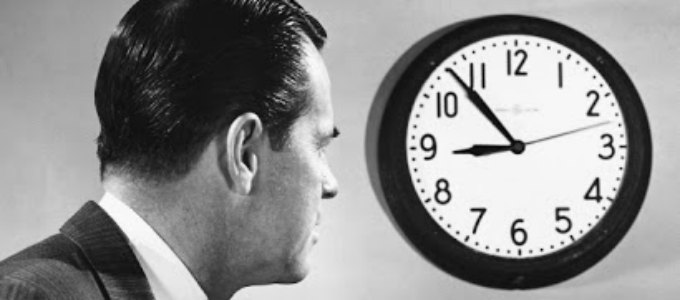Last week, my wife Laura and I were invited to a 1960s-themed party. It brought back memories of the “Summer of Love” and the “flower children” that I experienced while working in San Francisco.
That was a cultural revolution of the most profound level. Put aside the abuses of drugs, free love and anti-war protests. Think about its genesis. What was the counterculture really about? What effect does it still have on your work and home life today?
The hippie movement was a protest against the materialism of the 1950s. America in the 1930s was a dismal place. Imagine what it was like to live in a town where 20 percent of the workforce was without a job. Few people owned their houses and fewer still could afford a college education.
Along came World War II and economic resurgence. With the GI Bill and the Federal Housing Administration home loan program, the country transformed within 15 years. Urbanization, track homes, good jobs, new cars and television were the hallmarks.
Like every cycle, this hit a peak. In the minds of many younger people, the issue was that materialism became too prevalent. Community life had only a surface quality. The race to keep up with the Joneses became the accepted ethic. Suddenly, divorce became common. Women’s rights, gay rights and anti-discrimination legislation signaled the dawn of the Age of Aquarius.
So what does it mean for you today? We’re past change; transformation is the norm. Things don’t just happen.
Our current state dawned in the 1990s with massive layoffs. The dot-com era introduced the effects of technology to organizational structures, sales, distribution, service processes and jobs.
Now another cycle of reform is here. Technology is changing radically the way we think, work and live. How will it continue to transform your organization, your job, your family life and your community?
I was standing in the lobby of a major company recently with colleagues waiting to see a client. At one point I noticed it was very quiet. I looked up and everyone was on their cellphone. No one was talking to anyone else.
Expand that to your children and your personal life. What is it setting you up for? Will there be another reactive movement like the 1960s?
If there is, consider how new technology will power it. Everyone is now connected. How long does it take to get an idea into the marketplace? Want to start a revolution? How about transmitting it worldwide this afternoon?
If you and your company are going to be among the leaders in the next five years, you need to understand the foundation of 21st century life. Don’t be distracted by all the trivia you read in the daily paper. Don’t fret over a better way to run some HR process.
Put together a task force to conduct a thorough but expedient analysis of your workplace, your market and your customers. Bring in people from anthropology, sociology, psychology and philosophy to help see beyond the daily smoke screen.
The history of mankind is a series of events that radically changed everyone’s life. Early discoveries and theories were constricted by the lack of a communicative instrument to spread the concept.
Enter movable type. The Renaissance thrived on the printed word, and learning accelerated. By the 19th century, technologies such as the steam engine, intercontinental railroad and Bessemer furnace brought forth new cities and massive, horrific factories. Management excesses led to labor unions. Telegraph, railroad, radio, television and the integrated circuit are all communicative tools that are the foundation of our world.
What will be the next big idea that will upset limiting old concepts?
I wonder if it won’t be something other than technology. I wonder if it might be something like the humanistic movement of the 1960s. That reformation is now 50 years old — a very long time cycle for our world.
Transformations spring from the tip of a cycle of excess. They turn them either up or down. Which way will we be transformed in the next cycle?
Jac Fitz-enz is founder and CEO of the Human Capital Source and The Predictive Initiative. He can be reached at editor@talentmgt.com.















